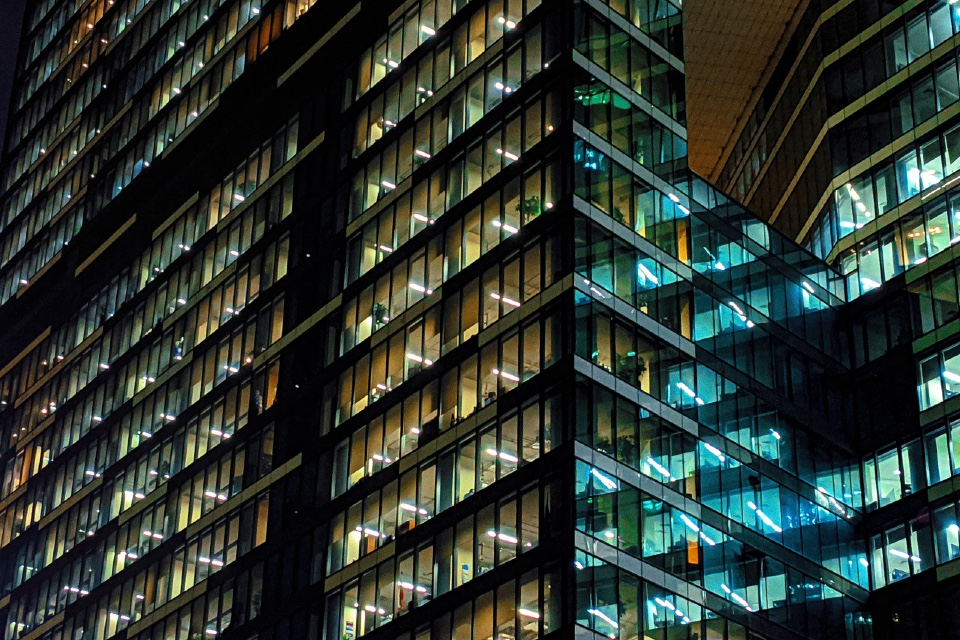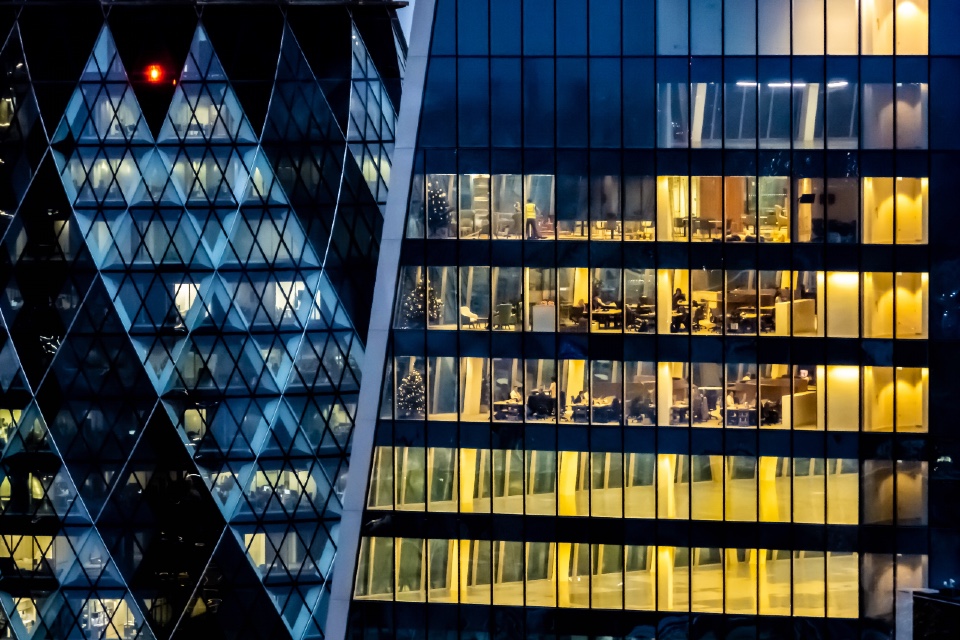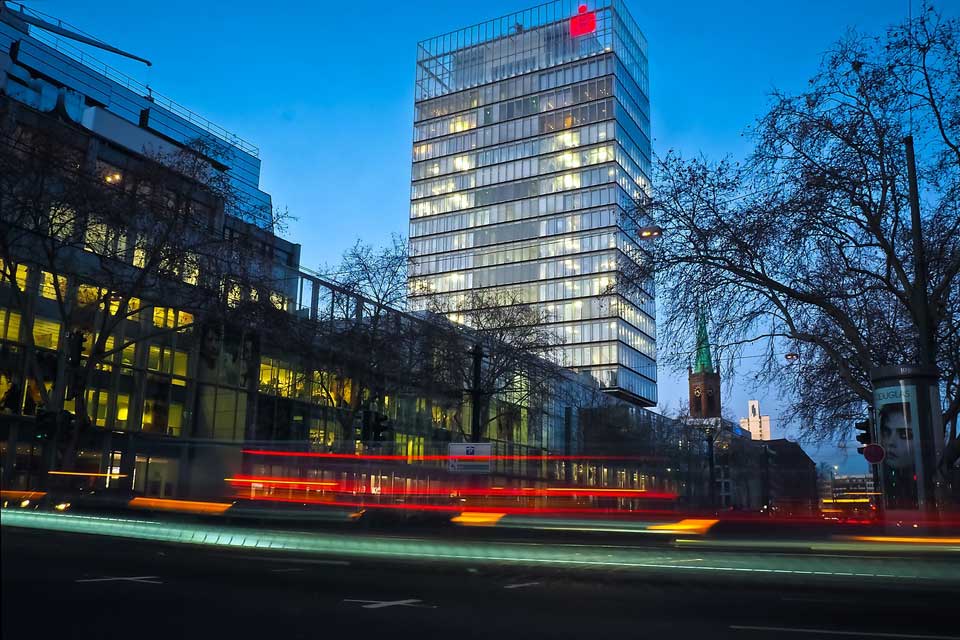Commercial lighting has undergone a remarkable transformation in recent years, driven by technological advancements and a growing focus on energy efficiency and sustainability. This evolution has played a crucial role in supporting the UK’s Net Zero ambitions…
From Incandescent to LED: A Technological Leap
- Incandescent Bulbs: Traditionally, incandescent bulbs were the primary source of commercial lighting. However,their low energy efficiency and short lifespan made them a significant contributor to energy consumption.
- Fluorescent Lighting: Fluorescent lamps offered improved energy efficiency compared to incandescent bulbs, but they often suffered from flickering and slow start-up times.
- LED (Light-Emitting Diode) Lighting: LED technology has revolutionized the lighting industry, offering exceptional energy efficiency, long lifespans, and superior light quality. LED lights consume significantly less energy than traditional lighting sources, reducing carbon emissions and operating costs.
Key Benefits of Modern Commercial Lighting Solutions
- Energy Efficiency: LED lighting can reduce energy consumption by up to 80% compared to incandescent bulbs,leading to substantial cost savings and reduced carbon emissions.
- Longer Lifespan: LED lights have a significantly longer lifespan than traditional lighting sources, reducing maintenance costs and waste.
- Improved Light Quality: LED lighting offers better color rendering and eliminates flickering, improving visual comfort and productivity.
- Control and Automation: Modern lighting systems can be integrated with building management systems (BMS) to enable remote control, scheduling, and energy optimization.
- Sustainability: LED lighting aligns with sustainability goals by reducing energy consumption and minimizing environmental impact.
Contributing to Net Zero Ambitions
The widespread adoption of LED lighting has made a significant contribution to the UK’s Net Zero ambitions. By reducing energy consumption and carbon emissions, commercial lighting plays a vital role in mitigating climate change.Additionally, the integration of smart lighting systems can optimize energy use and further enhance sustainability efforts.
Key Considerations for Energy Management Professionals
- Lighting Audits: Conduct regular lighting audits to identify areas for improvement and optimize energy consumption.
- LED Upgrades: Prioritize the replacement of outdated lighting fixtures with energy-efficient LED alternatives.
- Lighting Controls: Implement lighting controls, such as occupancy sensors and daylight harvesting, to maximize energy efficiency.
- Maintenance and Monitoring: Ensure proper maintenance and monitoring of lighting systems to prevent failures and optimize performance.
- Integration with BMS: Integrate lighting systems with building management systems to enable centralized control and energy optimization.
By embracing modern commercial lighting solutions and implementing effective energy management strategies, UK energy management professionals can play a significant role in achieving the nation’s Net Zero goals.
Are you searching for Commercial Lighting solutions for your organisation? The Energy Management Summit can help!
Photo by Vadim Babenko on Unsplash



